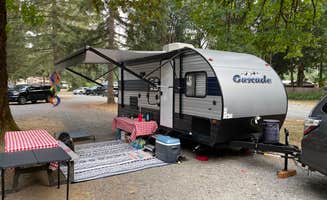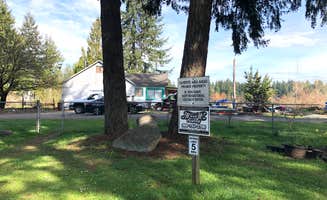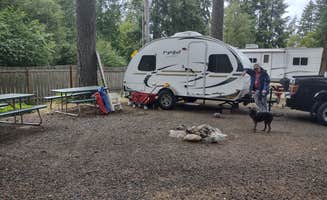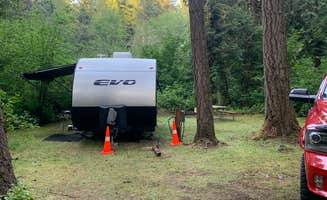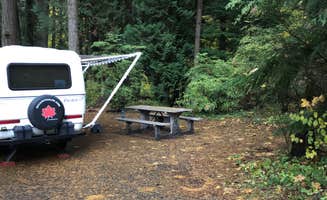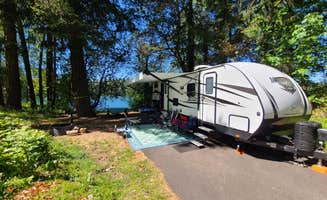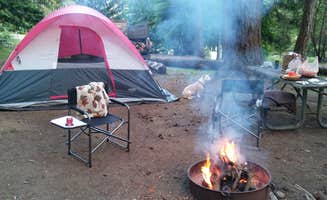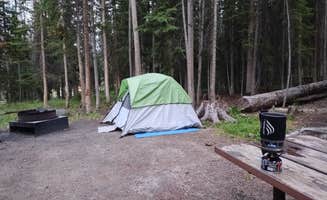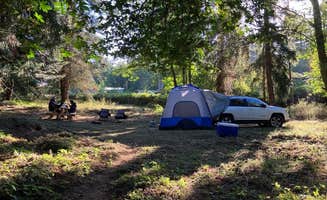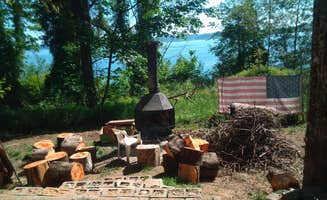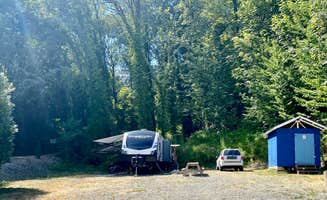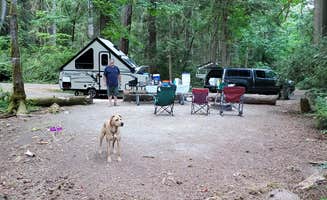Best Campgrounds near Lacey, WA
State parks and forested areas around Lacey, Washington provide a range of camping experiences within an hour's drive of the city. Millersylvania State Park, just 10 miles south of Lacey, offers year-round camping with tent sites, RV hookups, cabins, and yurts set among old-growth forests and a freshwater lake. American Heritage Campground and Riverbend Campground provide additional developed options near Olympia with full hookups for RVs. For those seeking waterfront experiences, Penrose Point State Park on the Key Peninsula and Joemma Beach State Park offer camping with beach access. Military personnel can access Lewis North Travel Camp on Joint Base Lewis-McChord, which provides cabin and RV accommodations with modern amenities.
Washington State Parks require a Discover Pass for day use, currently priced at $30 annually, though overnight campers typically pay separate camping fees. Most campgrounds in the region operate year-round, though seasonal considerations affect availability and conditions. Winter camping near Lacey can be cold and wet, with temperatures occasionally dropping below freezing. As one camper noted about a nearby Olympic Peninsula campground, "Lucked out with a dry Saturday night. Cold, 28 degrees." Reservations are strongly recommended during summer months when waterfront and lake-adjacent sites fill quickly. Cell service varies significantly by location, with better connectivity at campgrounds closer to urban areas and limited or no service in more remote settings.
Campers frequently mention the balance between convenience and natural settings as a key advantage of the Lacey area. "Close enough to town for any necessities but far enough to get the secluded feeling," wrote one visitor about a nearby state park. Privacy between sites varies considerably, with RV areas typically offering less separation than tent-only sections. Road noise can be an issue at some locations, particularly those near highways. Many campgrounds feature historic structures built by the Civilian Conservation Corps in the 1930s, including outdoor kitchens and bathhouses. The region's characteristic evergreen forests provide shade at most campgrounds, though sites along waterfront areas often have less tree cover and more exposure to weather conditions.

